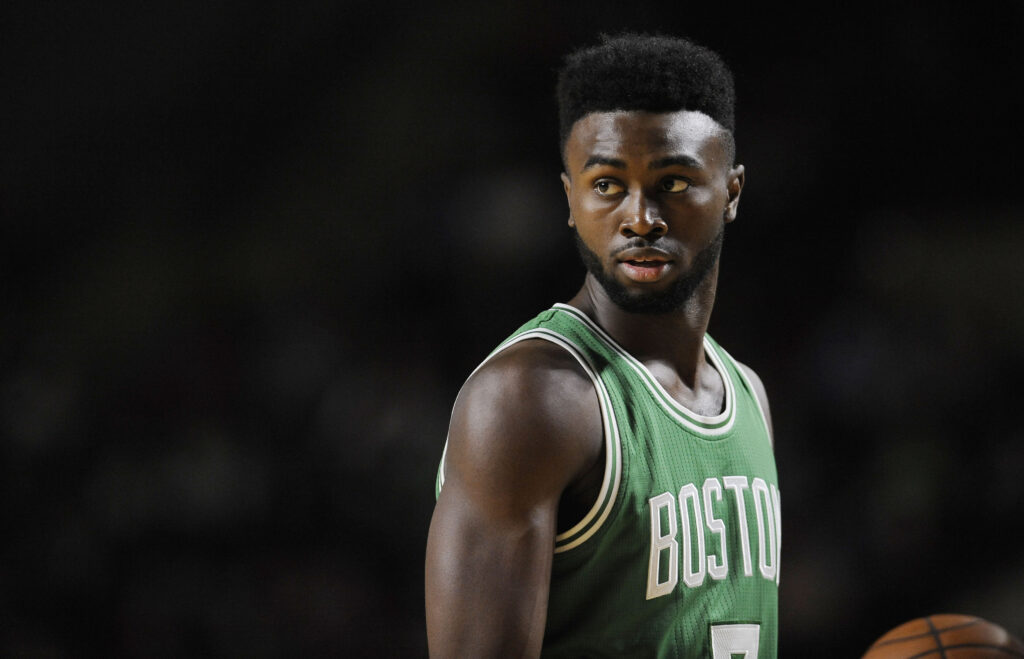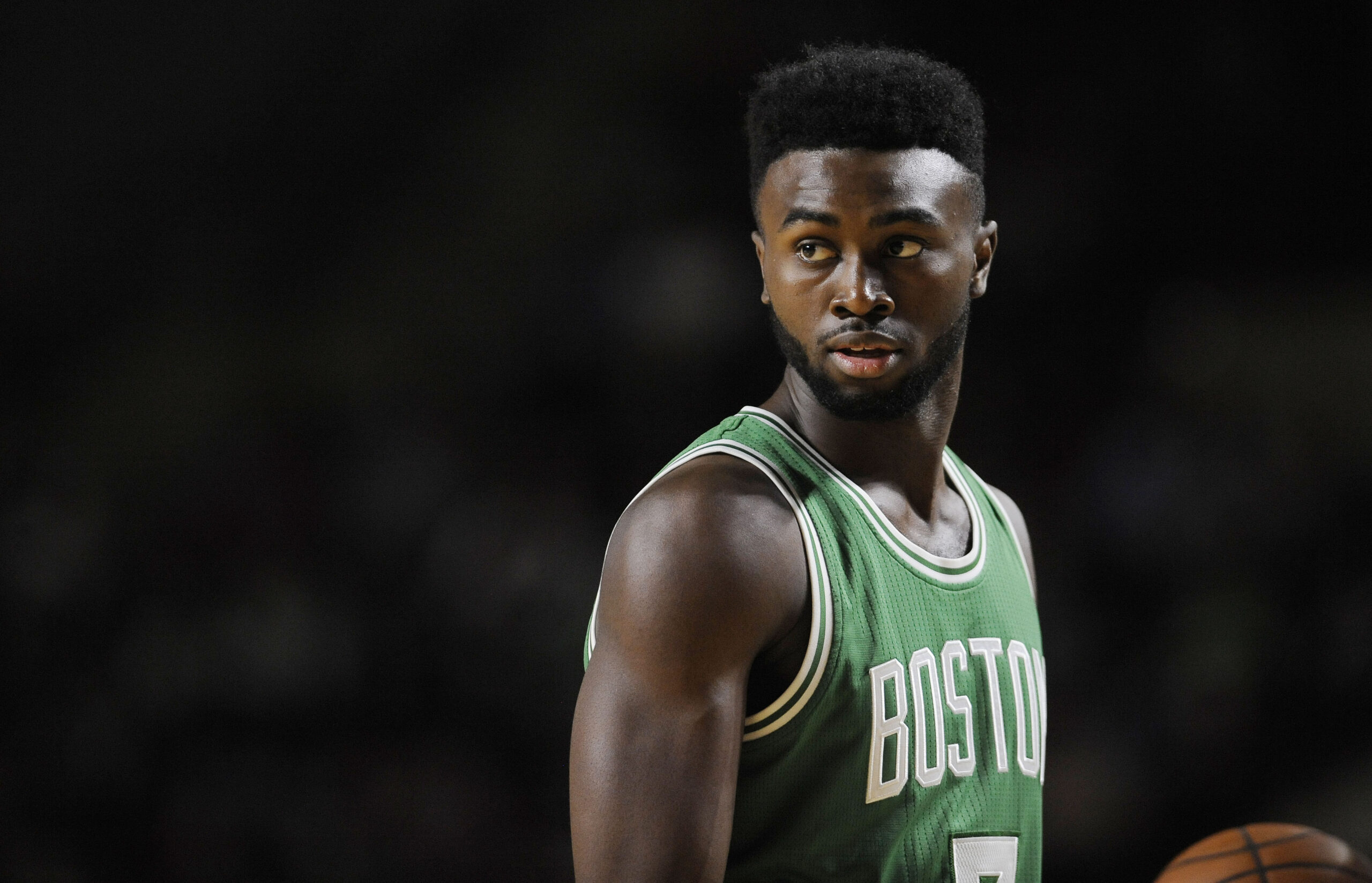Jaylen Brown of the Boston Celtics represents the next generation of NBA superstars. The 26-year-old averages 27 points and seven rebounds per game. Brown’s output is distinctive by the thunderous, posterizing dunks and long-range jump shots that routinely tickle nets.
This year, the Celtics rewarded Brown with a record $304-million, five-year contract. But something else besides this spectacular wealth makes Brown noteworthy.

Brown is a conspicuous social activist and philanthropist. He also is outspoken about police brutality against Black people, income inequality, and advocacy for youth education.
When interviewed, Brown speaks in a slow, moderated, and resolute tone. His eyes shine intensely, almost glaringly, like what happens seconds after he finishes a rim-shaking dunk against hapless defenders.
“The wealth disparity in Boston is ridiculous,” Brown told a New York Times sportswriter in March.
He cited a 2015 report by the Federal Reserve that the median wealth of Black households – a quarter of the region’s population – was close to zero, while the average for white households was $247,500.
“There’s not a lot of room for people of color, Black entrepreneurs, to come in [to Boston] and start a business,” Brown continued to tell Times writer Sopan Deb.
“Even being an athlete, you would think that you’ve got a certain amount of influence to be able to have experiences, to be able to have some things that doors open a little bit easier. But even with me being who I am, trying to start a business, trying to buy a house, trying to do certain things, you run into some adversity.”
Four months after that interview, Brown signed the multimillion dollar NBA Celtics contract. The big money was noteworthy because Brown became a member of a cohort of Black athletes who critics order to “shut up and dribble” and not speak up or out about social justice or politics. Historically, Black athletes who speak up pay substantial and career-killing prices for expressing themselves. Examples,
Muhammad Ali [1967-1970]; John Carlos and Tommie Smith [1968], and, most recently, Colin Kaepernick [2017] for taking a knee to protest police brutality against Blacks during the playing of the National Anthem.
Like them, Brown is resolute and unwavering in his stance.
“It’s not the whole Celtic fan base, but it is a part of the fan base that exists within the Celtic nation that is problematic,” he said. “If you have a bad game, they tie it to your personal character.”
Brown displayed character in May 2020 when he drove 15 hours to Atlanta in his home state of Georgia to protest the police killing of George Floyd in Minnesota. Weeks before that act, Brown wrote an op-ed for The Guardian decrying U.S. social inequalities exposed by the coronavirus pandemic. He donated $1,000 to the political action committee Grassroots Law.
Brown’s choices come from learned behavior. He is a child of educators. When he was 7, he asked his grandmother for a new Xbox. The longtime public schoolteacher and social worker answered, OK, if you write a paper about it.
“If you want something, you’ve got to be able to explain why,” Brown said Dianne Varnado told him. Brown attended the elite University of California-Berkeley, where he played basketball. Derek Van Rheenen, one of Brown’s former professors, called him “intellectually curious,” and “politically invested, socially conscious,” according to the Times.
In October 2020, Brown was among five players to receive the NBA Cares Community Assist Award, recognizing his organizing of a peaceful George Floyd protest in Atlanta, and a large donation to the Boston Resiliency Fund that supported first responders and others during the Covid-19 pandemic. Brown and four other recipients received $10,000 to donate to charity.
This year Brown is promoting his 7uice Foundation, whose mission is to partner with institutions, organizations, and social change leaders to bridge the opportunity gap for youth in traditionally underserved Black and Brown communities. Brown engaged in hands-on work with 100 eighth-grade to 12th-grade students learning science and technology at a bridge program at the Massachusetts Institute of Technology in Cambridge, Massachusetts.
Brown appears equally committed to chasing NBA championships and engaging in social justice.
“People expect me, because I made it to the NBA or I make a certain amount of money, I should be quiet,” Brown told Andscape. “Well, I’m not.”








